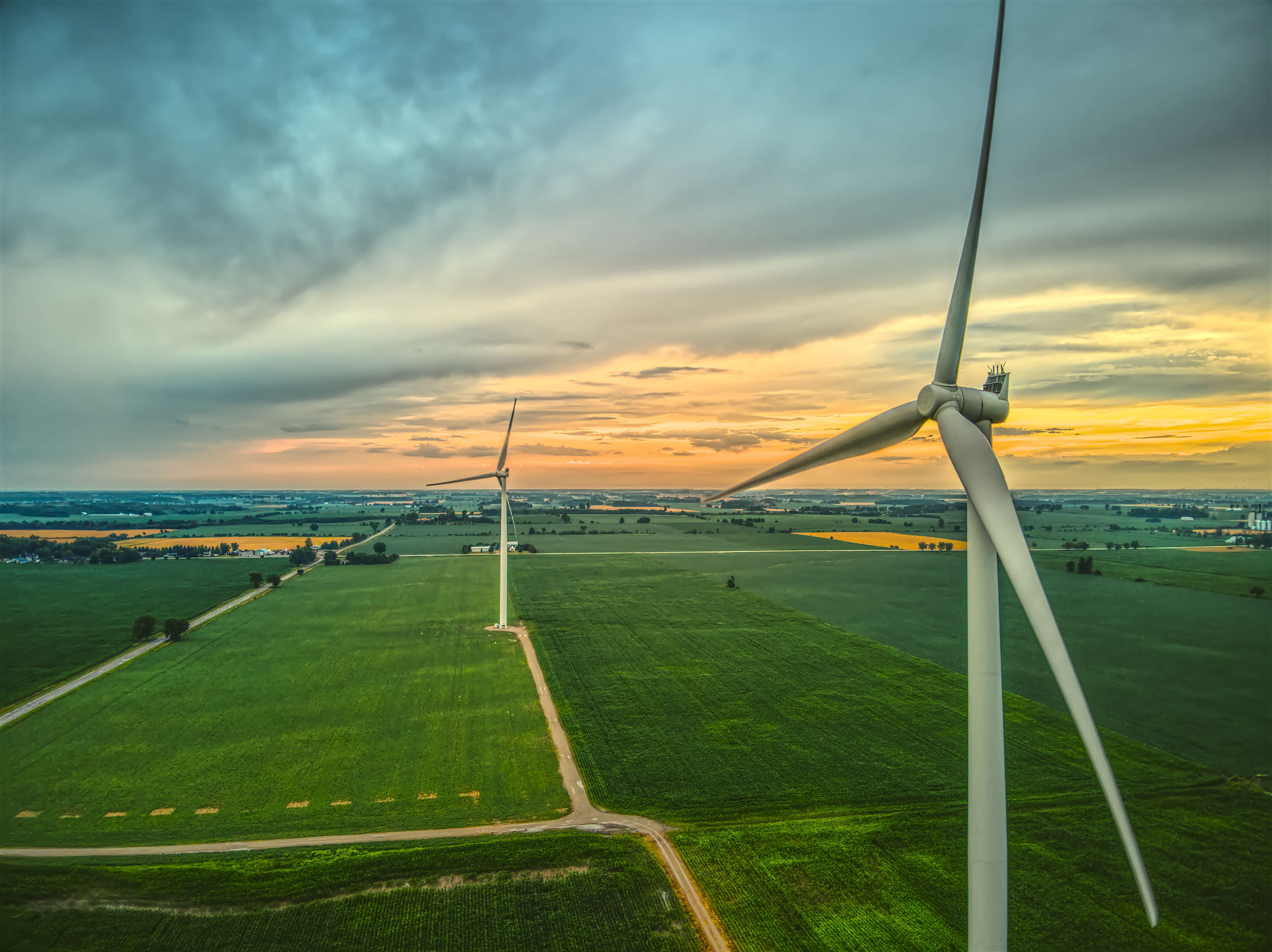Current Trends in Web3 and Sustainability: What Brazilian Companies Should Watch
The Intersection of Web3 and Sustainability
As the digital landscape evolves, two significant trends have started to converge: Web3 technology and sustainability. This intersection is particularly relevant for Brazilian companies looking to innovate and contribute positively to the environment. Understanding these trends can empower businesses to not only enhance their operations but also engage more effectively with environmentally-conscious consumers.

Web3: The Decentralized Future
Web3, often referred to as the decentralized web, represents a paradigm shift in how digital interactions and transactions occur. Unlike its predecessors, Web3 is built on blockchain technology, which offers increased transparency and security. Brazilian companies can benefit from adopting Web3 by ensuring data privacy and fostering consumer trust.
Moreover, Web3 introduces decentralized finance (DeFi), non-fungible tokens (NFTs), and decentralized autonomous organizations (DAOs), all of which offer new business models and opportunities. These innovations allow businesses to reach global markets without the traditional barriers imposed by centralized systems.
Sustainability: A Critical Business Imperative
As environmental concerns continue to grow, sustainability has become a crucial focus for businesses worldwide. In Brazil, with its rich biodiversity and natural resources, companies have a unique responsibility and opportunity to lead in sustainability initiatives. By integrating sustainable practices, Brazilian companies can reduce their ecological footprint and appeal to eco-conscious consumers.

Sustainable practices can range from adopting renewable energy sources to implementing circular economy principles. These efforts not only contribute to environmental conservation but also enhance a company's brand reputation and bottom line.
Web3 and Sustainability: A Symbiotic Relationship
The convergence of Web3 and sustainability offers promising opportunities for Brazilian companies. Blockchain technology can enhance supply chain transparency, ensuring that sustainable practices are verifiable and trustworthy. This transparency helps consumers make informed choices and holds companies accountable for their environmental claims.
Additionally, Web3 can facilitate the creation of carbon credit marketplaces, allowing businesses to offset their carbon emissions more efficiently. Such platforms democratize access to carbon credits, making it easier for smaller companies to participate in sustainability efforts.

Emerging Trends to Watch
Several emerging trends at the intersection of Web3 and sustainability are worth noting:
- Tokenization of Sustainable Assets: Companies can tokenize assets like carbon credits or sustainable projects, making them accessible to a broader audience.
- Decentralized Energy Grids: Blockchain can facilitate peer-to-peer energy trading, promoting the use of renewable energy sources.
- Sustainability-Focused DAOs: These organizations can fund and manage sustainability projects transparently and efficiently.
Challenges and Considerations
While the potential benefits are significant, there are challenges in aligning Web3 with sustainability goals. For instance, the energy consumption of blockchain networks is a concern that companies must address. Brazilian businesses should seek out energy-efficient blockchain solutions or consider using networks that rely on renewable energy sources.
Moreover, educating consumers about the benefits of Web3 technologies in sustainability efforts will be crucial. Companies should focus on transparent communication strategies to bridge the knowledge gap between technology advancements and consumer understanding.
Conclusion
The convergence of Web3 and sustainability presents an exciting frontier for Brazilian companies. By harnessing the power of decentralized technologies while committing to sustainable practices, businesses can pioneer innovative solutions that benefit both their operations and the planet. Staying informed about these trends will be essential for companies aiming to lead in this transformative era.
